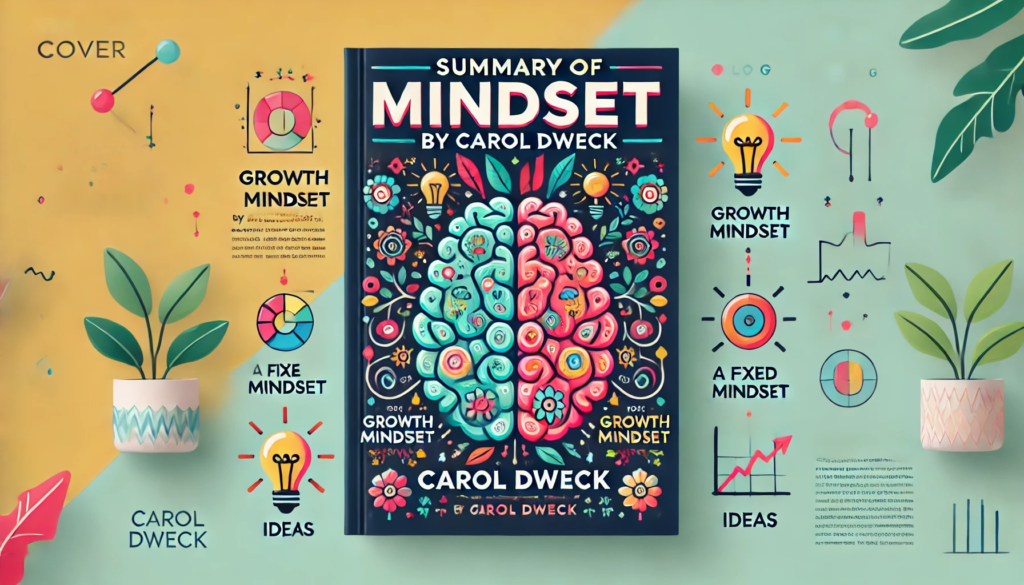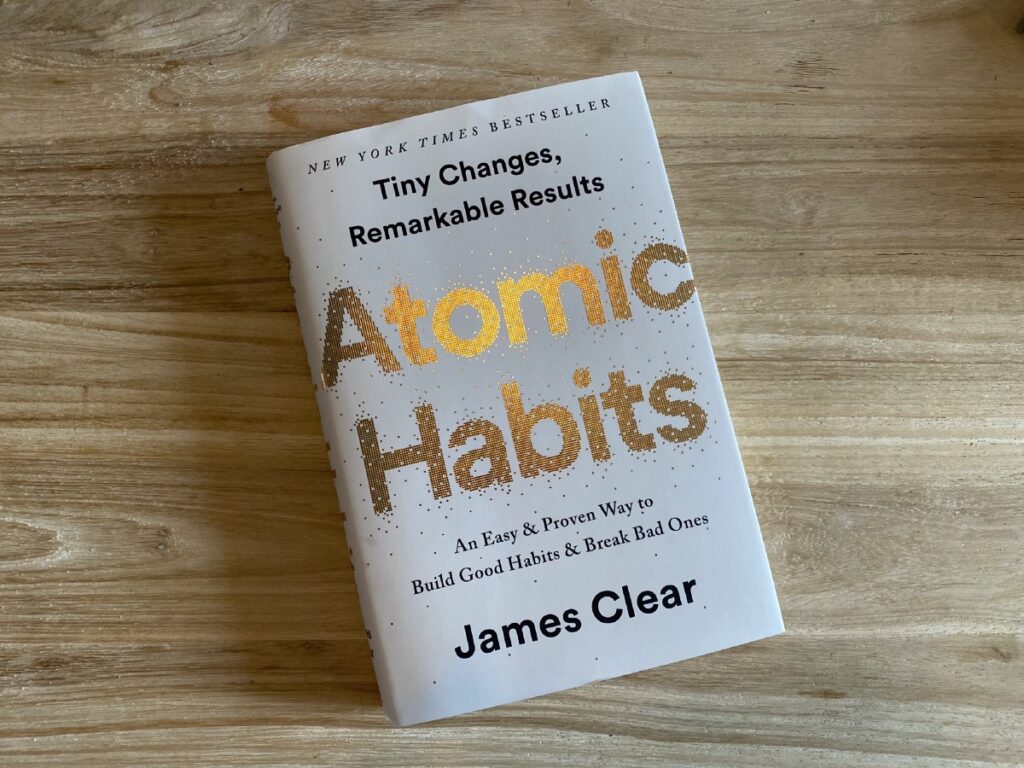Mindsets by Carol Dweck is a psychology book which expands on the two types of mindsets and how they affect humans in different areas of our lives.
The book talks about two different mindsets and how leaning towards one affects our careers, relationships, businesses and lives. She talked about mindset being the major ingredient to success. The beliefs you adopt for yourself profoundly affect the way you lead your life.
Two Types of Mindsets
Fixed Mindset
Growth Mindset
A fixed mindset is characterized by the belief that your abilities are fixed and cannot be changed, whereas a growth mindset is characterized by the belief that your abilities can be developed and improved over time.
Fixed mindset which she defined as the thinking you either have it or not and that you naturally possess some admirable traits without requiring effort to develop. They believe their intelligence is deep-seated which they can command anytime and requires no extra work.
A growth mindset on the other hand, believes that there’s always room for learning and that desirable traits or qualities can be cultivated through effort and dedication. They believe that a cherished quality can be learned.
The keyword here is EFFORT.
Those with fixed mindsets see efforts as something bad that tells about what they’re lacking. Every opportunity is used to prove themselves while someone with a growth mindset believes they are a work in progress and are ready to work, take risks, work on themselves and confront challenges
The growth mindset is what aids success. Change your mindsets by seeing challenges and setbacks as things that help you grow. Efforts and work are required to succeed.
Fixed mindset people believe they’re smart and shouldn’t make mistakes, this in turn, keeps them stagnant because they stick with easy and familiar things.
Success in itself is about learning and not feeling smart.
Intelligence is something you have to work for.
Effort is always required to grow and stretch.
Mindset and Failure
Individuals with a fixed mindset perceive failure as the ultimate conclusion, whereas individuals with a growth mindset perceive failure as a chance to enhance and gain knowledge.
Fixed mindset people always feel superior, entitled, and better than others so they don’t always miss the opportunity to prove themselves as well.
Your gifts alone are not enough. You need curiosity and challenges to grow them. You can learn anything you want to learn with the right mindset, effort, environment and support. Most things we see as farfetched or easy for some group of people can be done with training and effort.
Studies have shown that with hard work and dedication, anyone can paint, and skills like creativity and painting are not exclusive to geniuses.
The book talked about how praise could lead people to fall into the fixed mindset trap. Praising people’s ability leads them to withdraw when there’s a perception of challenge while praising people for their efforts encourages them to work harder for more challenges. Carol Dweck buttressed how growth mindset people respond to prejudice by seeing it as someone’s view of them not who they truly are, and confront the situation with confidence.
Fixed mindset people allow criticism to get to them. A rule of thumb for the mindsets. If it’s tough and challenging, it’s a sign you’re stretching and growing. Not a sign of weakness, you’re employing the growth mindset
strategy.
The Mindset of a Champion
Victories come through the mind, and character grows out through mindset. Build mental toughness and don’t rely on your physique. To be a champion, you need to take charge of the processes that bring success and maintain it. Adapting the growth mindset helped more people attain success in sports.
Mindset and Business
Studies from the book revealed that leaders who had growth mindset thrived in their business compared to fixed mindset people.
Even in relationships, mindset determines how well the relationship will grow. If those involved employ a growth mindset, the relationship flourishes and it’s the other way around for people with fixed mindsets.
Relationships too require work and effort from those involved.
In raising children, don’t praise your children for their brilliance and intelligence but rather praise them for what they achieved through efforts, good strategies, practice and persistence. This will make them love challenges more. Reassure them that with efforts and practice they can
accomplish whatever they want to. Approach criticism with kindness and show them how to do better next time. Discipline children from the place of love not judgement. Encourage your children to learn from failures don’t protect them from failure.
How to Change Mindsets.
It’s important to note that old mindsets don’t automatically disappear. You replace them with new mindsets and beliefs. As they grow stronger and form new connections in the brain, they erase old fixed mindsets.
Charge yourself to take action on the new things you want to learn and begin immediately.
Growth mindset thinking unleashes your potential to try things you were once afraid of. Create a growth mindset plan with deadlines and work on them. When you encounter obstacles, review your plans and make adjustments. Improve, and create better systems and strategies to help you get the results you desire. Never stop learning.
How would you apply growth mindset going forward? Do let me know if you found this summary helpful by clapping and sharing your thoughts. Which book should I summarise next?
Thank you for reading. Join our reading community here. Visit our book blog for more book content.



